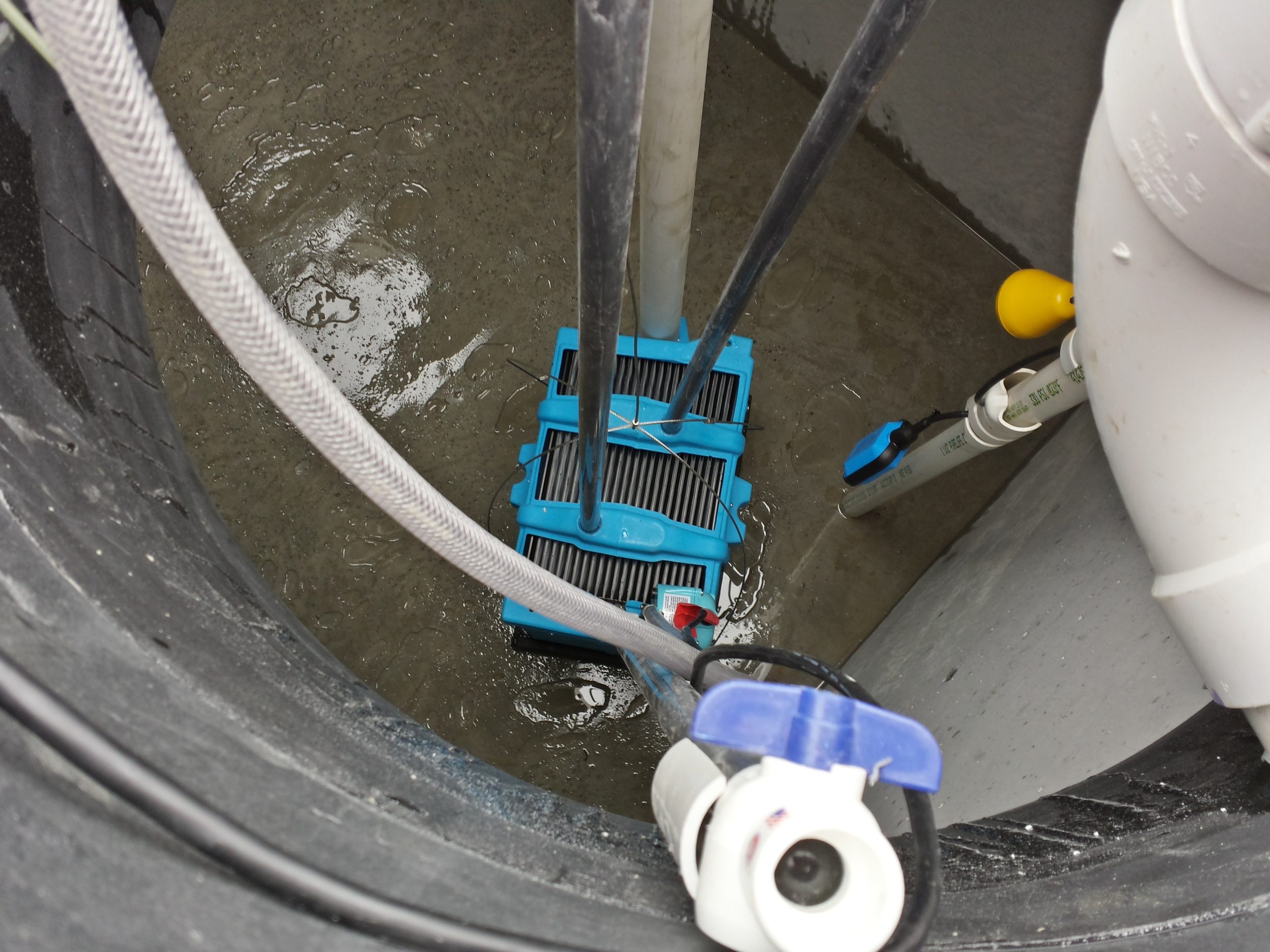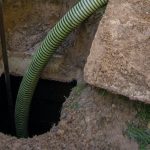You may not give it much thought, but this underground system plays a crucial role in keeping your home running smoothly. From wastewater treatment to waste disposal, septic tanks quietly do their job day in and day out. However, like any other part of your home, they require care and maintenance to function effectively. In this blog post, we’ll dive into everything you need to know about septic tank repair services – from common issues to signs that it’s time for repairs. So sit back, relax, and let’s explore the world beneath your feet!
Common Problems with Septic Tanks
Septic tanks are essential for managing wastewater in homes that are not connected to a municipal sewer system. However, they can encounter various issues over time. One common problem is clogging, which can occur due to the buildup of solid waste and debris. This can lead to slow draining sinks and toilets or even sewage backups into the house.
Another frequent issue is leaks in the tank or pipes, which can result from corrosion, tree root intrusion, or poor installation. These leaks can contaminate the surrounding soil and groundwater with harmful bacteria and chemicals.
Additionally, septic tanks may experience drainage field problems caused by oversaturation or compaction of the soil. This can prevent proper filtration of wastewater and lead to unpleasant odors on your property.
Regular maintenance and inspections by professionals can help identify these issues early on before they escalate into costly repairs.
Signs That Your Septic Tank Needs Repair
Have you noticed a foul odor lingering around your property, even after cleaning? This could be a sign that your septic tank is in need of repair. The unpleasant smell may indicate a leak or overflow in the system.
Another sign to look out for is slow drainage in sinks, showers, or toilets. If you find yourself standing in ankle-deep water while showering or notice that your sink takes forever to drain, it could mean there’s a blockage or issue within the septic tank.
Keep an eye on the lush green patches of grass over your septic tank area. While it might seem like a good thing at first glance, overly healthy vegetation can indicate that wastewater is leaking and acting as fertilizer for the plants.
Gurgling sounds coming from drains when using water fixtures are also red flags for potential septic tank problems. These noises can suggest air bubbles trapped in the pipes due to blockages or issues with the system’s functionality.
Hiring Professional Septic Tank Repair Services
When it comes to maintaining your septic tank, hiring professional repair services is crucial. These experts have the knowledge and experience to accurately diagnose any issues your system may be facing. By entrusting the repair process to professionals, you can ensure that the job is done correctly and efficiently.
Professional septic tank repair services offer a range of benefits. From identifying underlying problems to providing long-lasting solutions, these specialists are equipped with the tools and expertise needed to get your system back on track. Attempting repairs on your own can often lead to further damage or complications.
By investing in professional repair services, you are not only safeguarding the health of your septic system but also ensuring the safety and well-being of your property. Don’t wait until minor issues escalate into major problems – reach out to experienced professionals for timely assistance with your septic tank repairs.
Prevention and Maintenance Tips for Your Septic Tank
Ensuring the proper maintenance of your septic tank is crucial to avoid costly repairs and potential health hazards. By following these prevention and maintenance tips, you can keep your septic system running smoothly:
1. Regular Pumping: Schedule regular septic tank pumping every 3-5 years to prevent solids from building up and causing clogs.
2. Watch What You Flush: Be mindful of what goes down your drains. Avoid flushing non-biodegradable items, grease, oil, or chemicals that can harm the bacteria in the tank.
3. Water Conservation: Limit water usage to prevent overloading the system. Fix leaks promptly and spread out laundry loads throughout the week.
4. Avoid Heavy Machinery: Do not drive heavy vehicles or machinery over the septic field as it can damage pipes and compact soil, leading to drainage issues.
5. Maintain Drainage Area: Keep trees and shrubs away from the drain field to prevent roots from infiltrating pipes and causing blockages.
6. Inspect Regularly: Have a professional inspect your septic system annually to catch any issues early on before they escalate into major problems.
By taking these preventative measures seriously, you can extend the lifespan of your septic tank while avoiding unnecessary repairs and disruptions to your daily routine.




